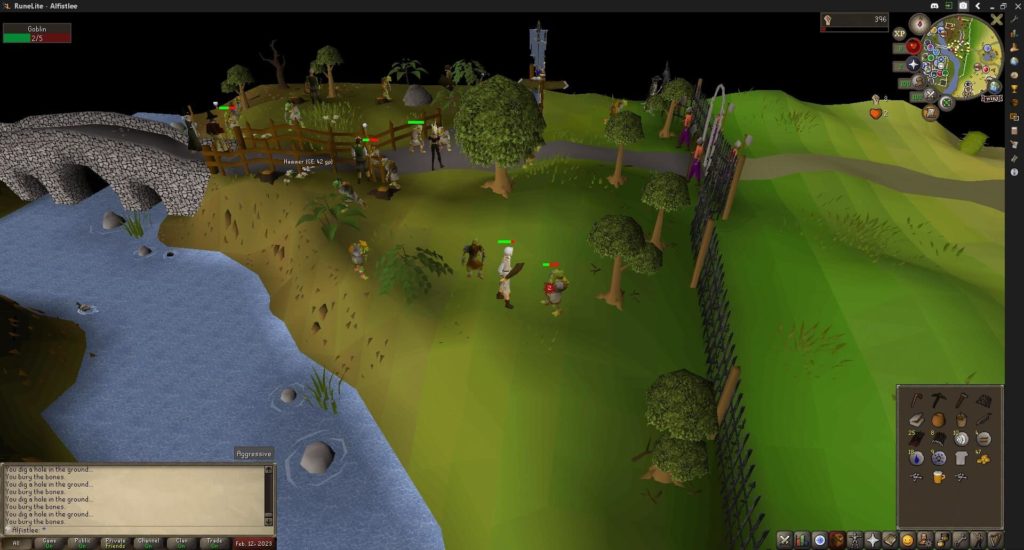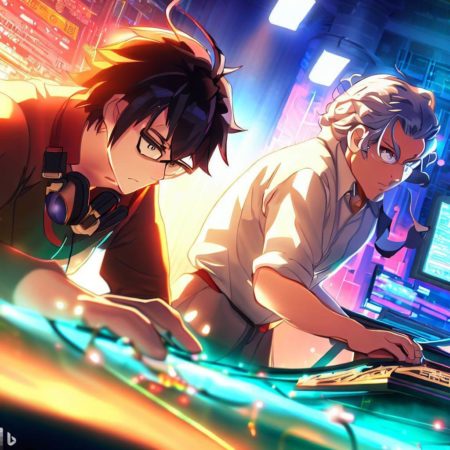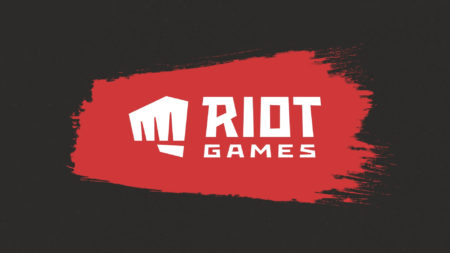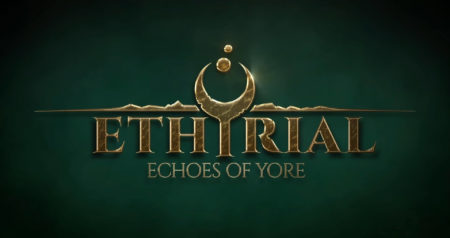This article may contain affiliate links. A purchase after clicking through them supports us at streamersplatform.com as we will receive a small commission without additional cost to you.
World of Warcraft, a themepark MMO, was one of the most successful MMOs in the last decade. But because of the massive success of World of Warcraft, every game that came after it is a WoW clone. We see game companies drawing inspiration from World of Warcraft without understanding why it was in the game in the first place. Without understanding why players are still playing World of Warcraft and why Old School Runescape is still massively successful, MMORPGs that come out will continue to fail. Let’s first define what a themepark and a sandbox are.
Themepark VS Sandbox:
Most modern MMOs are themepark. Themepark is essentially a story of a character you play as and lets you go through an amusement park that features various attractions that the game forces you to do. Themepark MMOs are geared more toward playing as a single-player game in an MMO. Most of the time, players are never at the same storyline and quests, so the endgame is when players can finally play together.
Sandbox MMOs are the more traditional MMORPGs. It is a story of you role-playing a fantasy character in a virtual world, and how you find fun in the game is up to you. It could be theory crafting, trying your builds on various monsters, or teaming up with your friends to PVP others. Because the story is about you role-playing a fantasy character in a persistent world, there is no endgame you need to reach.
Why Do MMORPGs Fail?
Here are some of the few reasons that we believe are missing in modern MMOs:
Reward System:
Games nowadays are too easy. In the golden era of MMORPGs, everything was much harder to reach. Players had to overcome adversity that appeared in their journey. Not only are games nowadays much easier to accomplish, but the grinding to reach the endgame is also dull. Nobody likes to do repetitive quests, which feels like homework to most, to level up.
In psychology and neuroscience, the mesocorticolimbic circuit (reward system) is a collection of neutral structures that are responsible for reward-related cognition, such as incentive salience (desire or craving for a reward and motivation), associative learning (primarily positive reinforcement and classical conditioning), and positively-valenced emotions (emotions that involve pleasure as a core component). Those are what motivate players to continue to play the game. There is a ratio split between scarcity and dopamine you get from being rewarded by it.
Economics:
Most modern MMORPGs do not have a well-defined economy in their games. It is a shame. The economy is one of the most critical aspects of an MMORPG. People play MMORPGs for the persistent world and social interaction with others. Being able to trade with others is one of the things that define what an MMORPG is.
Scarcity plays a crucial role in economic theory, and it is a definition of economics itself. If scarcity didn’t exist and an infinite amount of every good could be supplied or satisfied, then there would be no economic goods. Today’s games value an easy experience letting every player achieve their goal without the needs of others. This kills off the core of what economics is.
Gameloop:
There needs to be a compelling game loop that keeps the players wanting to come back to play. The novelty or the replay value is a necessary metric in MMORPG. Just because some people like dungeons and raiding doesn’t mean everyone will like the same thing. By adding a more complex game loop, the game will satisfy a wider audience.
The original meaning of MMORPG has been lost through the passage of time. The story was about you role-playing a fantasy character in a virtual world, and not a story of a character you need to play as. Without understanding the original meaning of MMORPG, future titles will continue to fail.






